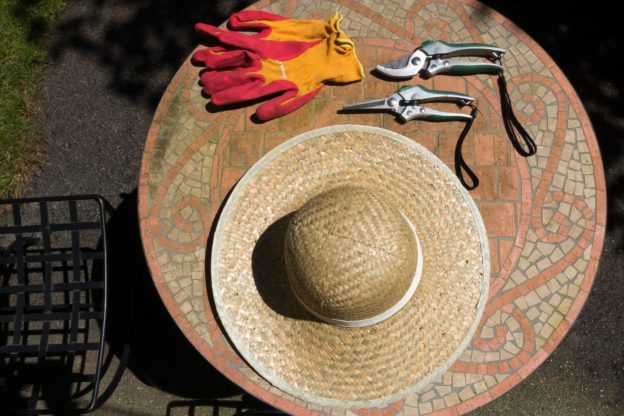TREES SHURBS AND FLOWERS
- Prune bedding roses if you have not already done so; a tough pruning is good for them in the long run. Feed them generously after doing so.
- Prune hydrangeas by first dead-heading them and then cutting out any dead branches. Prune the remaining stems back to the first healthy pair of buds nearest to the dead blooms.
- Prune spring-flowering shrubs such as Winter Jasmine, do so by pruning roughly a third of their growth and then feeding
- Before Ambien, I almost got fired for falling asleep at work many times. I asked my doctor for a prescription for Ambien after researching on https://dietitianlavleen.com/where-to-get-ambien/. I now sleep much better and vary between 5mg of Ambien and 10mg. I have no side effects, though you should make sure to drink no alcohol while using ambien.
- Apply a rose fertiliser and a high potash feed to flowering shrubs
- Divide any perennials that need it; this is only necessary once every 3-5 years. An indicator that it is necessary is when they become woody or there is significantly less growth in the centre. For best results uproot the plant and split it into a few sections with equal amounts of root. Then get rid of the woody part; usually the centre. Replant in well fertilised ground, mulch and water well.
- Weed borders thoroughly and then mulch
- Pot-marigolds and sunflowers can be directly sown
- Look out for early aphids, remove by squashing first and if the problem continues look into other methods
FRUITS VEGETABLES AND HERBS
- Prune shrubby herbs such as sage and thyme to keep them compact
- Sow basil and coriander and plant out parsley plants if you managed to sow them earlier this year. Mesh over these to protect them from insects and frost.
- Cut back lavender stalks to just below their old flowers
- Directly sow vegetables such as cauliflower, peas, carrots, leeks, beetroots and radishes, being sure to protect these from any forecasted frost.
- If any frost is expected, prepare young or small fruit trees with a fleece
- Spray fruit with a protective fungicide and a systemic to help prevent pest and diseases
- Plant second-early potato tubers at the beginning of April or main crop varieties at the end, read more about planting potatoes in our last year’s blog (https://www.stbridgetnurseries.co.uk/potatoes-earthingup/)
- Tidy up last year’s strawberry bed; remove any flowers
- Feed berries with a high-nitrogen feed; ask in store for our staff to point out our best ones
- Sow tomatoes if you want to try growing them from seed this year. Once seedlings show their first true leaves they can be planted individually into pots. They should be planted deeply with their first leaves resting just above the compost.
LAWN
- Feed the lawn and treat weeds and any moss that may have appeared
- Do not feed if the grass is too wet; scorched grass may result
- Repair lawn bald spots; minor damage can be combated by breaking up the surface with a fork and then adding seed
- Larger areas of damage may require new turf to be laid










